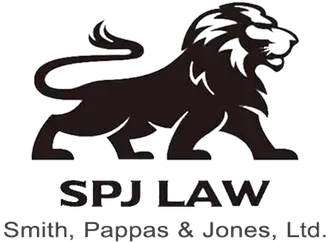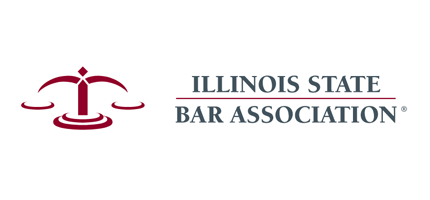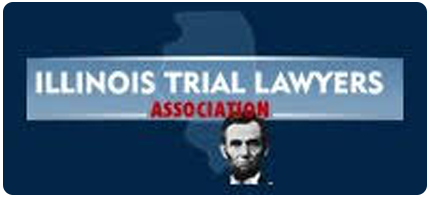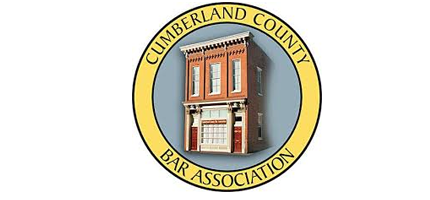Navigating Financial Crossroads: Retaining Your Home with a Home Equity Line of Credit or Bankruptcy
February 21, 2024
February 21, 2024
If the purpose of a HELOC is to mitigate, rather than solve an unsustainable household budget, then bankruptcy may provide a better outcome.

During times of financial uncertainty, families and individuals alike encounter difficult dilemmas determining the best path towards financial stability. Two common avenues for addressing financial challenges are obtaining a Home Equity Line of Credit (HELOC) and filing for bankruptcy. Each option comes with its unique advantages and considerations, particularly concerning the retention of one's home. In this blog post, we'll explore the advantages of a HELOC alongside the pathways to retaining your home through both Chapter 7 and Chapter 13 bankruptcy.
Exploring Home Equity Line of Credit (HELOC):
A Home Equity Line of Credit (HELOC) provides homeowners with a means to borrow against the equity in their homes. This revolving line of credit operates akin to a credit card, enabling borrowers to withdraw funds as needed, with interest payments applicable only to the amount borrowed.
Advantages of a HELOC:
Comparing to Bankruptcy: Retaining Your Home through Chapter 7 and Chapter 13: Contrasting a HELOC, bankruptcy offers distinct pathways for retaining one's home, particularly through Chapter 7 and Chapter 13 filings:
Chapter 7 Bankruptcy:
Note of Consideration: If a HELOC is obtained in order to resolve credit card, medical, or other unsecured debt, then that debt will become secured by the equity in the home which has significant implications as to how the debt will be treated in the bankruptcy process. If the purpose of a HELOC is to mitigate, rather than solve an unsustainable household budget, then bankruptcy may provide a better outcome. Before making a decision it is best to consult with a professional that understand the nuances of Local and Federal Bankruptcy Law.
Free Consultation There are many considerations with respect to Bankruptcy too numerous to include in a brief publication. Bankruptcy is a practice suitable for an experienced debt relief attorney like those at Smith, Pappas & Jones, Ltd. Because there are so many nuances in the application of bankruptcy law, it is inadvisable that a person not experienced or knowledgeable about Title 11 of the U.S. Code, and how the courts have interpreted those laws, to file bankruptcy without the assistance of counsel.
If you would like to consult with experienced Debt Relief Attorneys contact Smith, Pappas & Jones, Ltd. We are a debt relief agency. We help people file for Bankruptcy relief.
Exploring Home Equity Line of Credit (HELOC):
A Home Equity Line of Credit (HELOC) provides homeowners with a means to borrow against the equity in their homes. This revolving line of credit operates akin to a credit card, enabling borrowers to withdraw funds as needed, with interest payments applicable only to the amount borrowed.
Advantages of a HELOC:
- Asset Preservation: Retaining ownership of one's assets, particularly the home, is a primary advantage of opting for a HELOC. Unlike bankruptcy, which may entail the liquidation of assets to satisfy creditors, a HELOC allows homeowners to access funds while safeguarding their property.
- Flexibility: HELOCs offer borrowers flexibility in accessing funds, with the ability to borrow varying amounts, up to the approved credit limit. This flexibility proves invaluable for managing unforeseen expenses or consolidating high-interest debts.
- Competitive Interest Rates: In many instances, HELOCs feature lower interest rates compared to alternative forms of credit, such as credit cards or personal loans. This can translate to reduced monthly payments and overall interest expenses, rendering it an appealing option for debt management.
Comparing to Bankruptcy: Retaining Your Home through Chapter 7 and Chapter 13: Contrasting a HELOC, bankruptcy offers distinct pathways for retaining one's home, particularly through Chapter 7 and Chapter 13 filings:
Chapter 7 Bankruptcy:
- Homestead Exemption: In Chapter 7 bankruptcy, individuals may utilize homestead exemptions to safeguard a portion of the equity in their primary residence from creditors' claims. The specifics of these exemptions vary by state, with some jurisdictions offering more generous protections than others.
- Reaffirmation Agreement: Alternatively, individuals may negotiate a reaffirmation agreement with their mortgage lender, allowing them to retain their home by reaffirming the debt and continuing with mortgage payments post-bankruptcy.
- Debt Repayment Plan: Chapter 13 bankruptcy involves the development of a court-approved repayment plan, allowing individuals to catch up on delinquent mortgage payments over a specified period while retaining possession of their home.
- Automatic Stay Protection: Similar to Chapter 7, Chapter 13 initiates an automatic stay, halting foreclosure proceedings and providing individuals with an opportunity to restructure their finances and save their homes from foreclosure.
Note of Consideration: If a HELOC is obtained in order to resolve credit card, medical, or other unsecured debt, then that debt will become secured by the equity in the home which has significant implications as to how the debt will be treated in the bankruptcy process. If the purpose of a HELOC is to mitigate, rather than solve an unsustainable household budget, then bankruptcy may provide a better outcome. Before making a decision it is best to consult with a professional that understand the nuances of Local and Federal Bankruptcy Law.
Free Consultation There are many considerations with respect to Bankruptcy too numerous to include in a brief publication. Bankruptcy is a practice suitable for an experienced debt relief attorney like those at Smith, Pappas & Jones, Ltd. Because there are so many nuances in the application of bankruptcy law, it is inadvisable that a person not experienced or knowledgeable about Title 11 of the U.S. Code, and how the courts have interpreted those laws, to file bankruptcy without the assistance of counsel.
If you would like to consult with experienced Debt Relief Attorneys contact Smith, Pappas & Jones, Ltd. We are a debt relief agency. We help people file for Bankruptcy relief.







